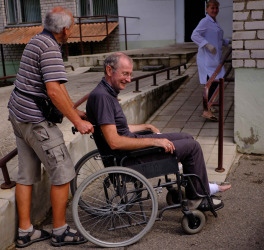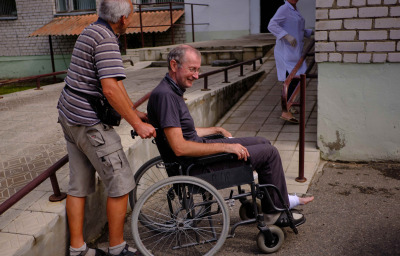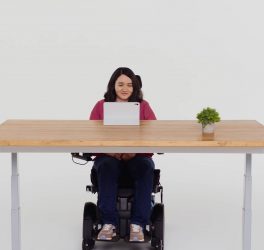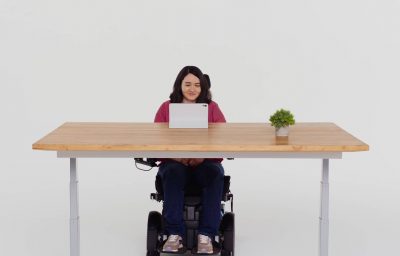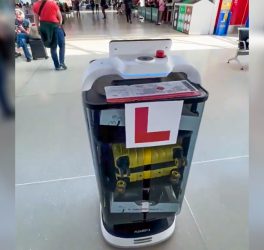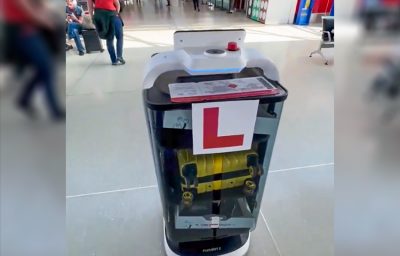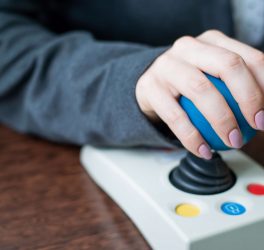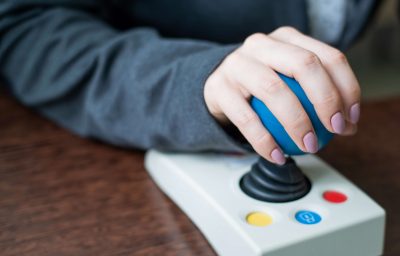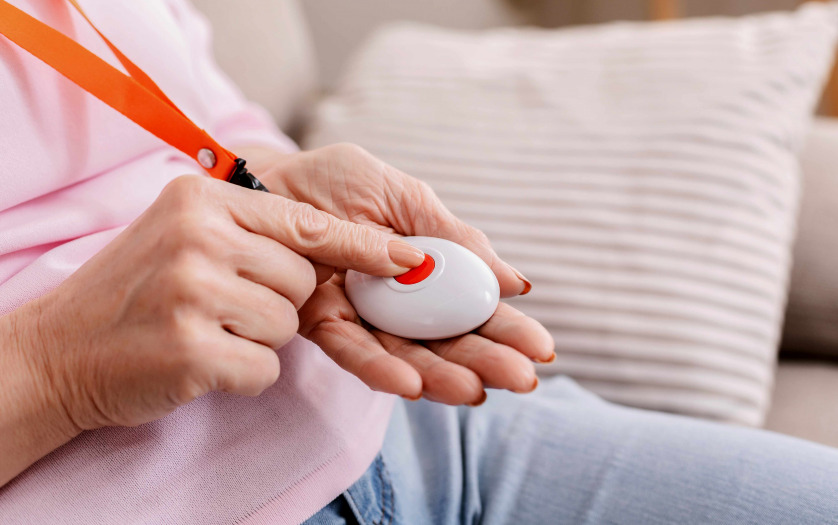
An all-new personal emergency alarm that helps the elderly and people with disabilities stay safer and enjoy freedom and independence was released today by Australian assistive technology experts, mCare Digital.
The personal alarm, mCareMate, overcomes some of the practical problems encountered by people who use traditional personal alarms. It was developed after consultation with individuals, families and organisations which support the elderly and people with disabilities, and builds on mCare Digital’s existing suite of specialised caring technology solutions. It is suitable for individuals, families and care organisations.
“Factors such as ease of use, breadth and reliability of coverage and instant, real-time location visibility have all been high on the emergency personal alarm wish list,” said Peter Apostolopoulos, mCare Digital Managing Director.
The mCareMate specifically addresses those issues, combining the latest 4G, GPS, Wi-Fi and fall detection technology in a super easy-to-use, lightweight, water resistant unit. It offers instant visibility of wearer location, both indoors and outdoors, with coverage across 99.4% of the Australian population. It is entirely pre-configured so is ready to use on delivery, with no need for any technical or other specialised know-how – apart from hitting the ‘on’ switch.
Its emergency SOS function can be triggered automatically, for example if the wearer has a fall or by the wearer in case of distress. Families or carers can view location and other information from the mCareMate in real time, anytime, via an app on their mobile phone or via a dedicated online carer’s portal.
The mCareMate is available from 10th February 2020, from $299 for the device plus setup and activation and service plan.

